UN launches $5bn aid appeal for Afghanistan amid worsening crisis
The United Nations (UN) has announced the launch of a more than $5 billion funding appeal for Afghanistan to avert a major humanitarian crisis in the South Asian country.
As part of the global body’s largest ever humanitarian appeal for a single country, it said $4.4bn was required within Afghanistan, and a further $623m was needed to support Afghan refugees abroad.
Speaking to media in Geneva, UN Emergency Relief Coordinator Martin Griffiths said $4.4 billion was meant for the Afghanistan Humanitarian Response Plan “to pay direct” to health workers and others, while $623 million was needed for the Afghanistan Situation Regional Refugee Response Plan.
"Today we are launching an appeal for $4.4 billion dollars for Afghanistan itself for 2022,” he said. “This is the largest ever appeal for a single country for humanitarian assistance and it is three times the amount needed and actually fund-raised in 2021.”
Griffiths stressed that the funds were needed to help the crisis-stricken country’s economy and to enable global humanitarian agencies to operate there.
"Humanitarian agencies within Afghanistan can only operate if there's cash in the economy which can be used to pay for officials, salaries, costs, fuel and so forth. So liquidity in its first phase is a humanitarian issue, it's not just a bigger economic issue," the senior UN official stated.
Griffiths further noted that the funding was “an absolutely essential stop-gap measure” and would offer the country a future and prevent a refugee surge.
“Without this being funded there won't be a future, we need this to be done otherwise there will be outflow, there will be suffering,” he remarked, urging the international community to “not shut the door on the people of Afghanistan”.
“Help us scale up and stave off wide-spread hunger, disease, malnutrition and ultimately death by supporting the humanitarian plans we are launching today,” Griffiths added.
Almost five months after the US-led international coalition hastily abandoned the South Asian country, millions of Afghans are on the brink of starvation, with no food and no money.
UN aid agencies have described the country’s situation as one of the world’s most rapidly growing humanitarian crises. According to the UN humanitarian coordination office, half the population is now battling acute hunger, and over nine million people have been displaced.
The world body had earlier warned that millions of Afghans could run out of food before the onset of harsh winter and around one million children were at the risk of starvation and death.
Hungry children of Afghanistan stage Snowman protest pleading for bread from the UN World Food Programme. A million children may die during the winter and famine.
— Adam Johannes (@DrRoundglasses) January 6, 2022
Donate to @DECCymru appeal for Afghanistan & lobby your MP for the West to lift the sanctions & restore aid. pic.twitter.com/UD4FIVBPXN
The fact that Afghanistan’s assets worth billions of dollars have been frozen by the US and its allies has only compounded the misery of war-weary Afghans.
Soon after the Taliban laid siege to Kabul mid-August, US and its international partners raced to cut off Afghanistan’s access to international aid and froze roughly $10 billion in assets belonging to the country’s central bank.
The move triggered the rapid collapse of public finances and precipitated the current crisis. European Union also then followed the suit, stopping development assistance to the country, followed by the International Monetary Fund and World Bank.
The interim government of Taliban has repeatedly called for the release of frozen assets, but Washington has rebuffed the calls.
Underlining the need to avoid a wider regional crisis originating from Afghanistan, the UN refugee agency chief Filippo Grandi insisted that what was needed most was “to stabilize the situation inside Afghanistan, including that of displaced people who are displaced inside their country” as well as to “prevent a larger refugee crisis, a larger crisis of external displacement.”
The appeal for further $623 million has been made to support the millions of Afghan refugees and host communities in five neighboring countries of Afghanistan.
Grandi said no one should forget that “there is a regional dimension to this crisis, represented by the Afghan refugees but also Afghans with many other ‘stay’ arrangements in neighboring countries in particular,” singling out Pakistan and Iran that have hosted Afghans for more than 40 years.
Grandi warned that if the appeal was not funded, “we will have to ask for $10 billion next year, not $5 billion".
Back in December last, the UN Security Council had unanimously adopted a US-proposed resolution to help humanitarian aid reach Afghans, while seeking to keep funds out of Taliban hands.
That resolution was welcomed by the Taliban authorities as a "good step."
Afghanistan's neighbor Iran said last month that it supported the delivery of humanitarian aid to Afghans regardless of political issues.
During the Taliban foreign minister Amir Khan Muttaqi’s first official visit to Iran this week, both sides called for the unconditional release of blocked assets to stave off the unfolding crisis.
Meanwhile, Taliban’s leadership has warned Western diplomats that insisting on sanctions as a means to pressure their governance could undermine security and trigger a wave of economic refugees.
The UN's special representative for Afghanistan also warned last week that the country was "on the brink of a humanitarian catastrophe" and that its collapsing economy was heightening the risk of terrorism.
VIDEO | Press TV's news headlines
Senior Russian general shot and wounded in Moscow: Officials
UK ordered in 'milestone' court ruling to pay $570 million for colonial-era massacre
VIDEO | Defying the rubble, Gaza opens its first face-to-face school since start of war
‘Ready for next round’: Million-man rally in Yemen backs Gaza, resistance
FM Araghchi departs Muscat for Doha following nuclear talks with US
Israeli keeps killing more Palestinian civilians in Gaza amid relentless ceasefire violations
Aliyev: Azerbaijani territory will not be used for threats against Iran


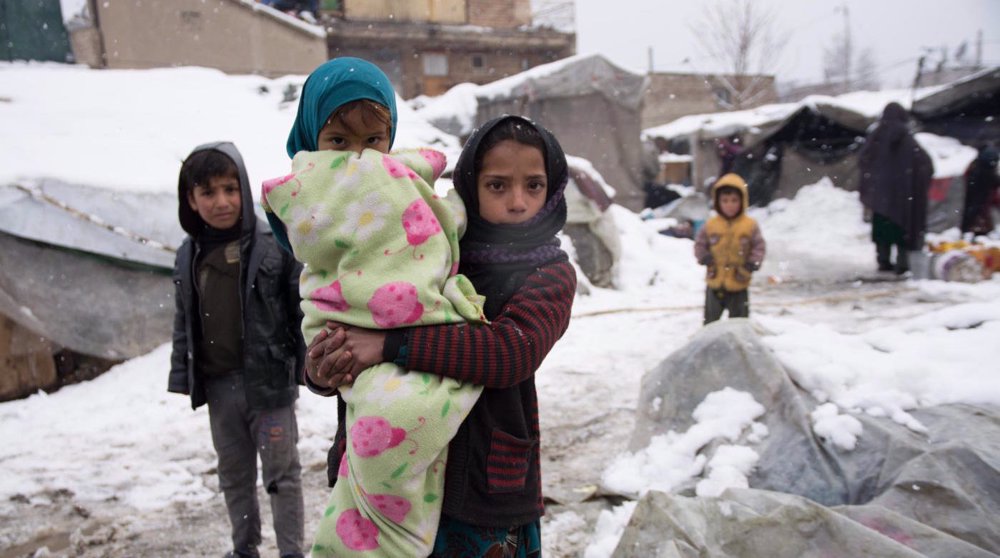
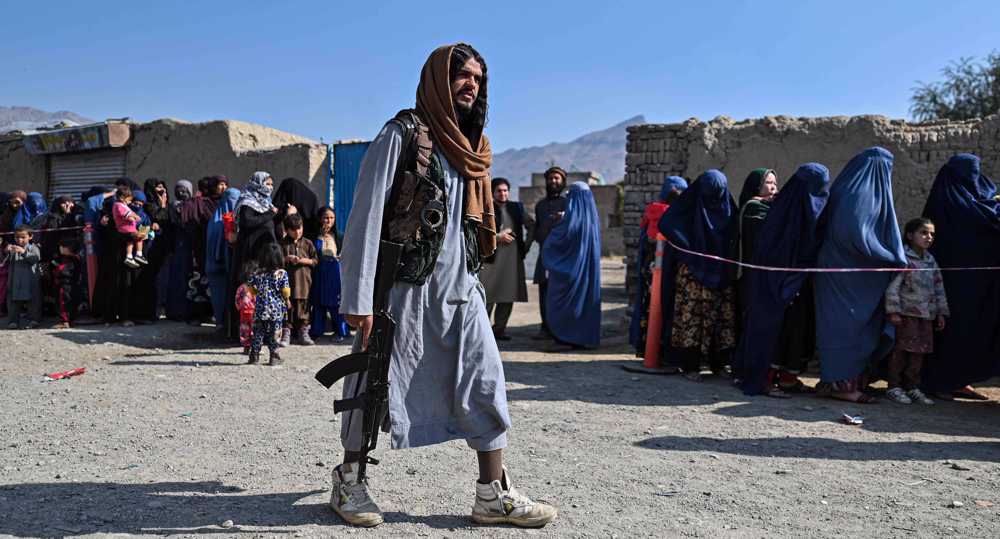
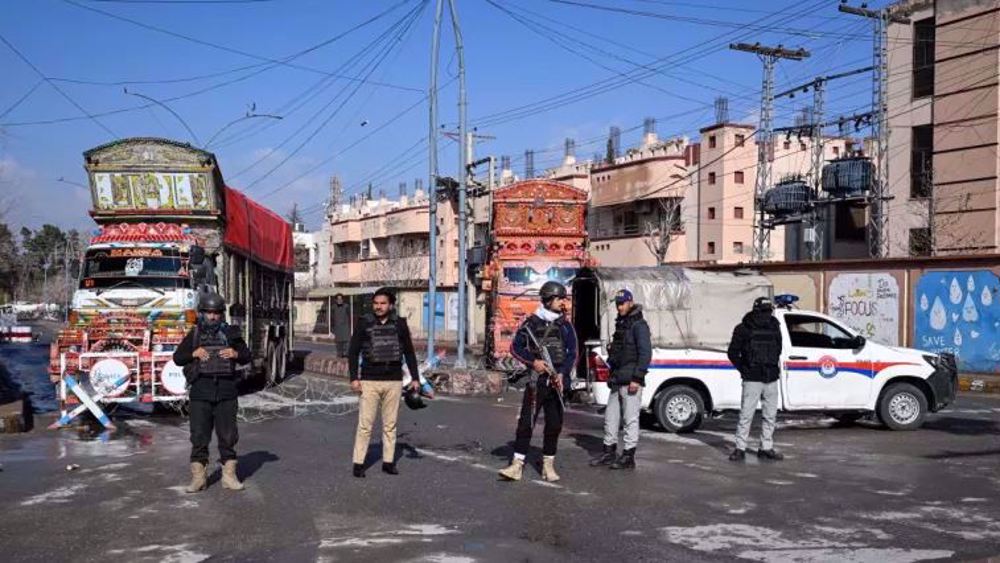
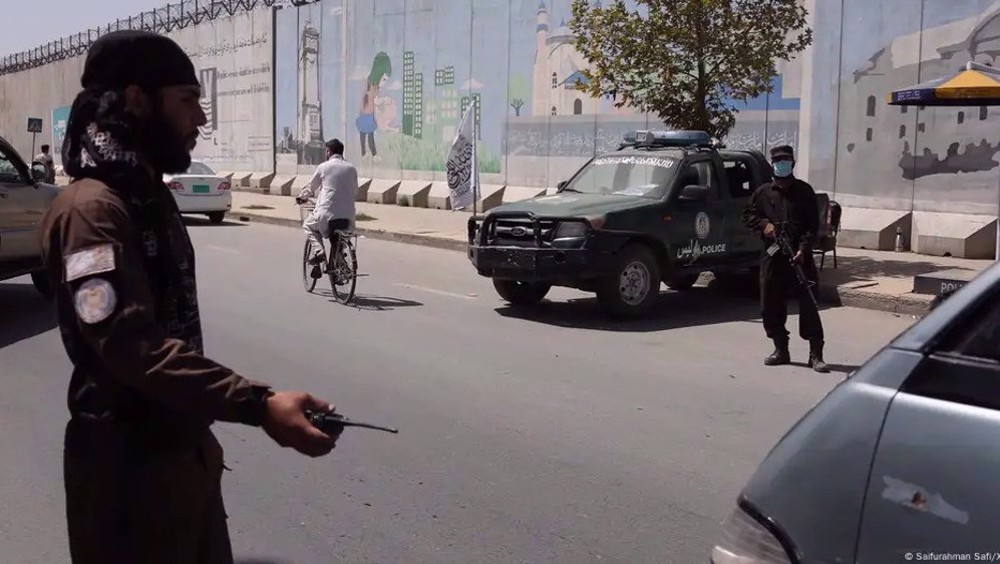
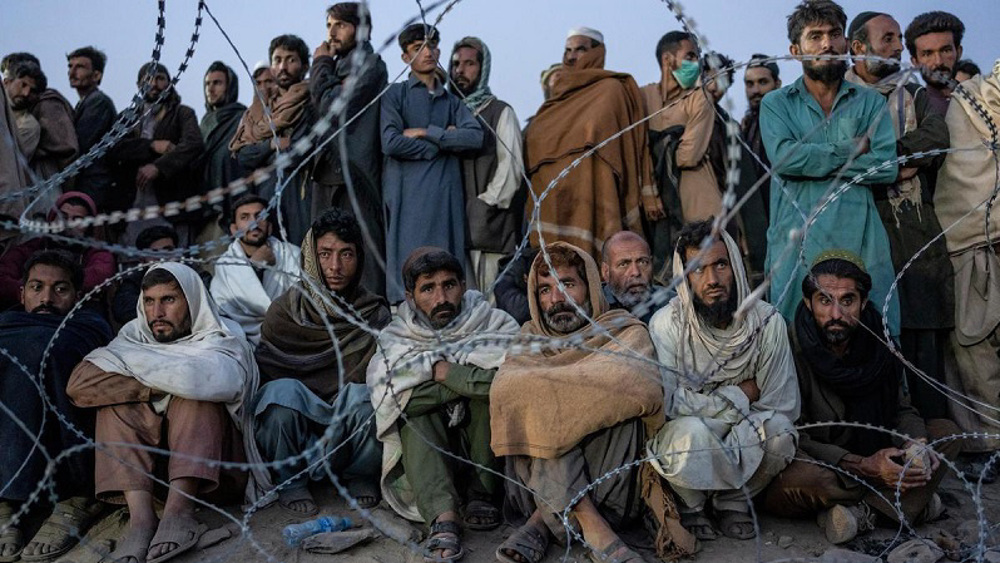



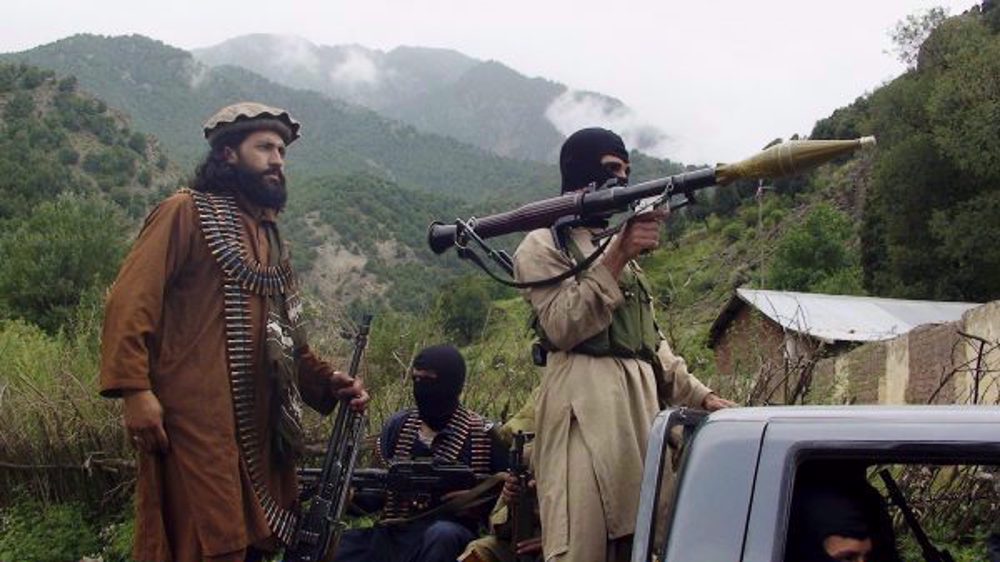
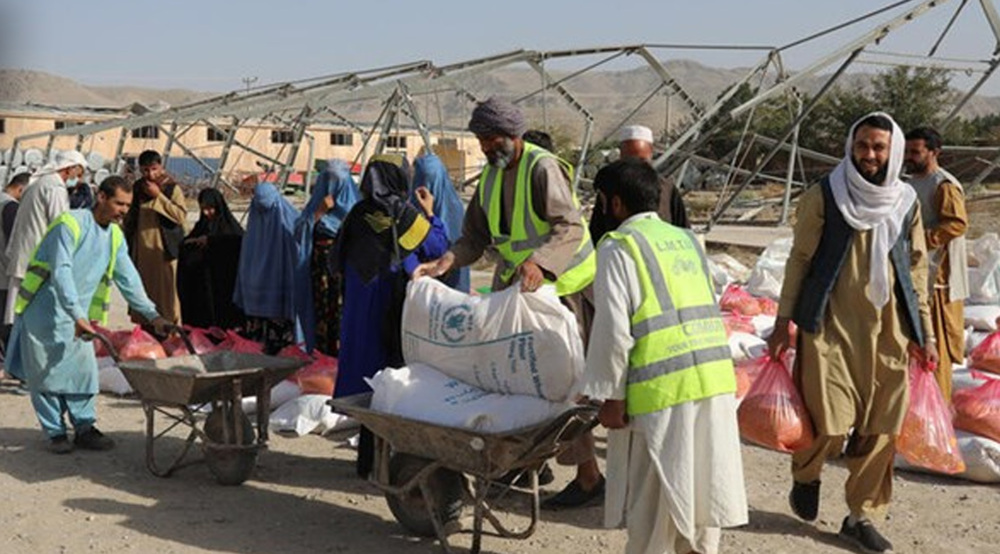
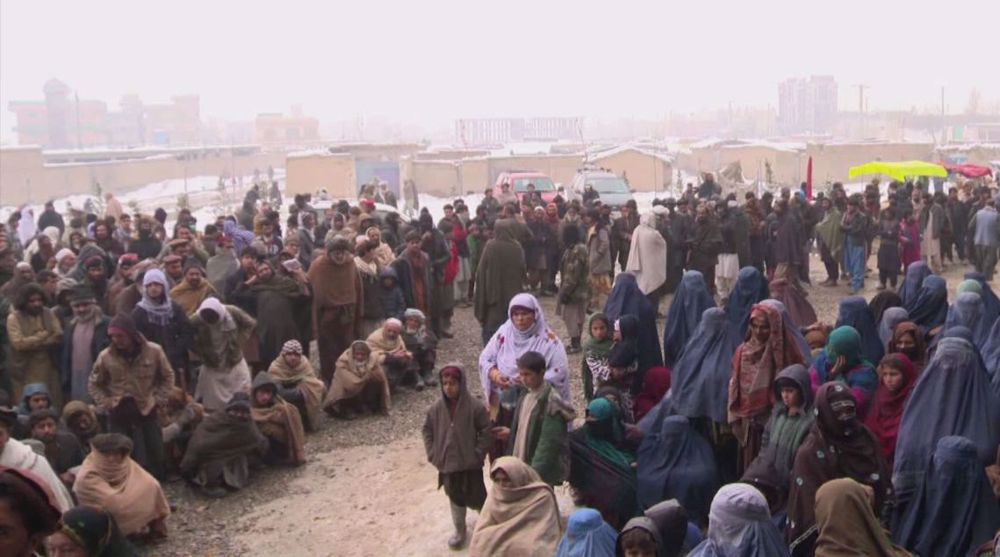
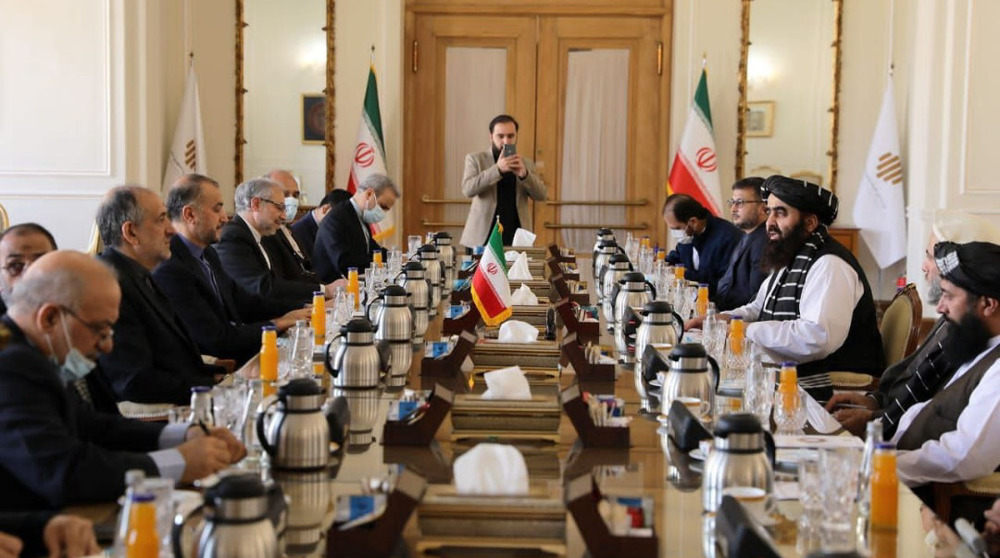

 This makes it easy to access the Press TV website
This makes it easy to access the Press TV website